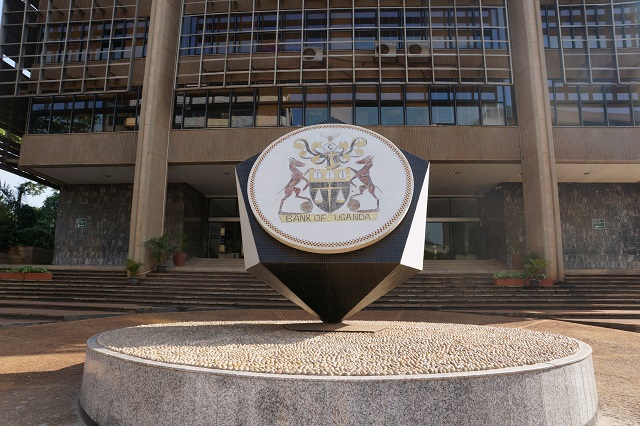
Kampala, Uganda | THE INDEPENDENT | Uganda’s central bank has recorded a fourfold increase in income, reaching Shs 1.2 trillion for the fiscal year ending June 30, 2024. This significant growth, as detailed in the Bank of Uganda’s Annual Report for FY 2023/24, marks a substantial rise from the Shs 277.8 billion recorded in the previous financial year.
The bank’s operating income rose by 44% to Shs 1.66 trillion, largely fueled by favorable returns on foreign investments. Income from these investments surged to Shs 805.8 billion in FY 2023/24, compared to Shs 438.6 billion in the previous year.
The bank’s strategic investment approach, which involved locking in high interest rates for extended periods within money market investments, played a crucial role in this increase. Notably, US deposit rates fluctuated between 5% and 6% as major central banks implemented restrictive monetary policies aimed at curbing inflation.
In addition to foreign investment gains, local interest income also saw a significant boost, increasing from Shs 616.6 billion to Shs 756.8 billion. This rise was driven by advances to the government and revenue generated from recapitalization securities.
While the bank’s expenditures, including interest expenses, experienced a modest increase of 4%—reaching Shs 746.2 billion—this growth was primarily attributed to monetary policy costs associated with the mopping up of excess liquidity.
The bank achieved a significant improvement in its cost-to-income ratio, which declined to 45% from 62% in the prior year, reflecting enhanced operational efficiency.
Total assets for the bank saw a slight decrease of 3%, falling to Shs 26.23 trillion from Shs 27.05 trillion at the end of June 2023. This decline was primarily due to net foreign exchange outflows related to government imports and repayments of external debt.
In contrast, the bank’s net worth experienced a substantial increase of 35.2%, rising to Shs 5.49 trillion driven by a surge in income, alongside additional recapitalization securities received.
 The Independent Uganda: You get the Truth we Pay the Price
The Independent Uganda: You get the Truth we Pay the Price





